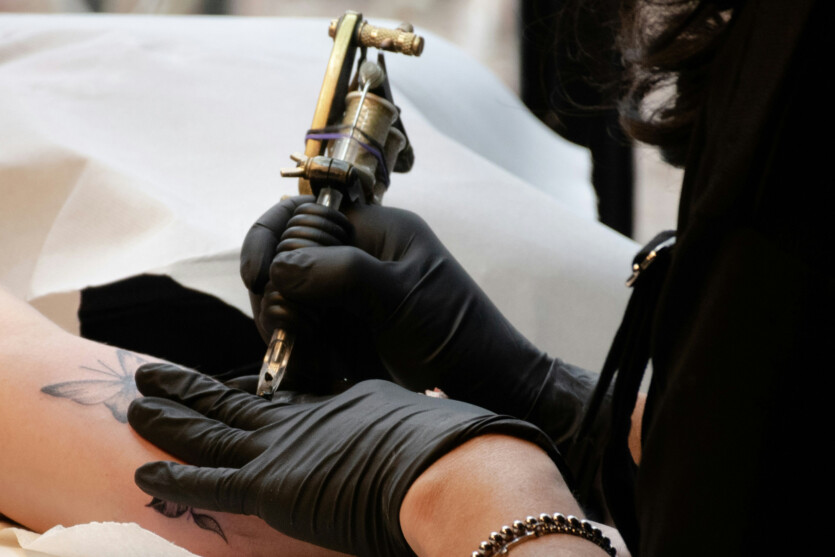
The study found bacterial contamination in about 35% of commercial tattoo and permanent makeup inks in the United States.
Scientists found both anaerobic and aerobic bacteria in commercial tattoo inks. These findings, published in Applied and Environmental Microbiology, Journal of the American Society for Microbiology, indicate that these inks have the potential to cause human infections. This study is particularly important because it is the first to investigate the presence of anaerobic bacteria in commercial tattoo inks.
«Our results show that unopened and sealed tattoo inks can harbor anaerobic bacteria, which are known to thrive in low-oxygen environments such as the dermal layer of the skin, alongside aerobic bacteria. This suggests that contaminated tattoo inks can be a source of infection from both types of bacteria. The findings underscore the importance of monitoring these products for both aerobic and anaerobic bacteria, including possibly pathogens,» says corresponding author Seong-Jae (Peter) Kim, Ph.D., a microbiologist in the Division of Microbiology at the U.S. Food and Drug Administration’s National Center for Toxicological Research.
The main objective of the new study was to assess the prevalence of both types of microbial contamination in tattoo inks available on the US market. To detect aerobic bacteria, the researchers mixed 1-2 grams of tattoo ink solution with a suitable medium and incubated the bacteria in a standard incubator, while anaerobic chambers were used for anaerobic bacteria. The chamber is permanently oxygen-free by continuously purging with a mixture of gases such as nitrogen, carbon dioxide, and hydrogen. The researchers performed this procedure on a total of 75 tattoo inks from 14 different manufacturers.
The researchers found that about 35% of the tattoo or permanent makeup inks were contaminated. «Both types of bacteria, those that require oxygen and those that do not, can contaminate ink. There was no clear link between the product label claiming sterility and the actual absence of bacterial contamination», says Kim.
«The increasing popularity of tattoos in recent years has coincided with an increase in tattoo-related complications or adverse reactions. It should be noted that microbial infections are only one aspect of these complications. In addition to microbial infections, immunological complications such as inflammatory reactions and allergic hypersensitivity, as well as toxic reactions, account for a significant portion of these problems. In light of the results of our study, we want to emphasize the importance of continuous monitoring of these products to ensure microbial safety,» the researcher notes.
Kim and his colleagues will advance their research in two key areas. They will develop more efficient methods for detecting microbes for tattoo ink, making the process faster, more accurate, and less labor-intensive. They will also conduct systematic research to deepen the understanding of microbial contamination of tattoo inks and permanent makeup. This will include studying the occurrence and diversity of microbial contaminants, which is important to prevent contamination of these products.
Source: SciTechDaily

Spelling error report
The following text will be sent to our editors: